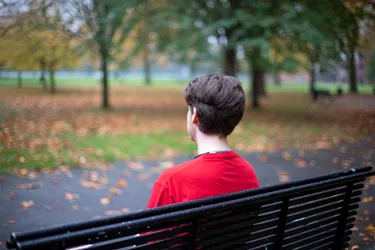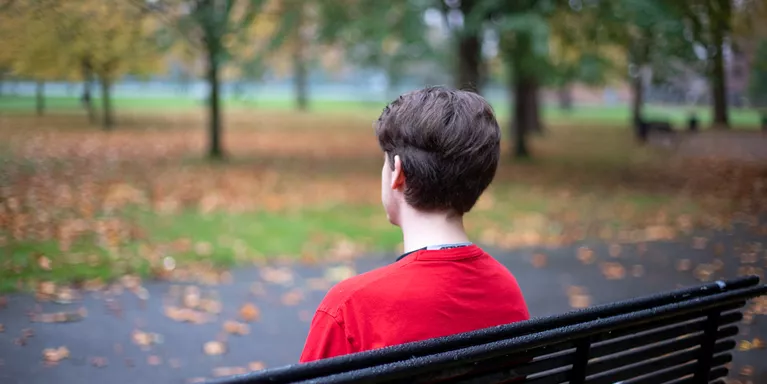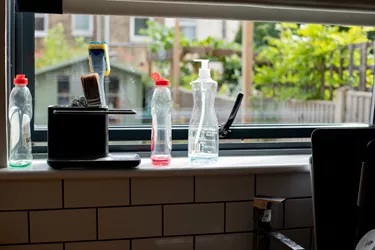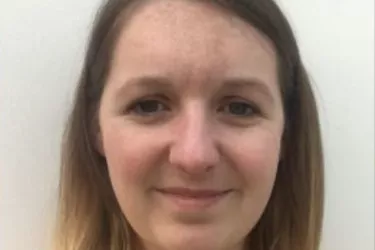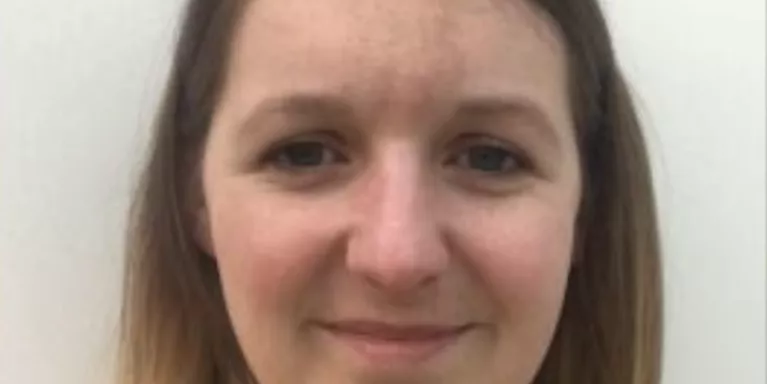My OCD Story
Emma blogs about not realising she had Obsessive Compulsive Disorder (OCD), and how this diagnoses helped her to make sense of the thoughts she'd been having since childhood.
Having survived suicide at 25, Emma restarted her life as an entrepreneur with a mission to support others with their mental health.
I was formally diagnosed with Obsessive Compulsive Disorder in February 2018.
I didn’t know I had this illness. It’s been with me for 26 years, and I didn’t see it until I was 25. That’s the thing, many mental disorders are hidden illnesses, hidden even from ourselves. It all seems obvious in hindsight, and what a relief to understand now.
I, like many others I’m sure, used to associate OCD with not being able to leave a room unless the light had been switched on and off a certain amount of times. Or repeatedly counting, an aversion to odd numbers, or consistently cleaning your home. While these presentations are true in some cases, they reveal only the latter half of the illness: the compulsions.
"I was completely unaware that I have obsessive thoughts."
Compulsions are the often noticeable behaviours associated with OCD. They are physical or mental acts carried out in an attempt to neutralise “bad” emotions. In this piece, I want to focus mostly on obsessions. The hidden, darker companion to the compulsions.
I was completely unaware that I have obsessive thoughts. These thoughts are clever, because the voice they are spoken in sounds like your own; they are convincing, realistic (to you) and almost always very distressing. These thoughts, or my OCD rather, lives somewhere in my brain. Research suggests that both the structure of the brain and communication from neurotransmitters are markedly different in OCD sufferers, however it is not yet fully understood. I can note that my OCD feels very different to my depression, but that is best explored separately.
"There is a dark honesty about the next few paragraphs."
I grew up with obsessive thoughts, or more aptly, intrusive thoughts. I believed they were a reflection of who I am, but recently I have learned the very opposite. They are exactly who I am not. There is a dark honesty about the next few paragraphs, but I feel it needs to be told.
My intrusive thoughts (intrusions) have always been violent. From as young as 4, I remember thinking about death. A little older, about killing, rape, murder. Under the age of 10, I would constantly be haunted by thoughts of torturing people around me. Inappropriate acts of violence. And even though I didn’t understand it, acts of sexual violence. These thoughts came in fast and in succession. They become constant, repulsive, extremely distressing and real.
When I was little, I recognised intrusions as bad thoughts. I knew I shouldn’t be having them but I didn’t know how to communicate them to others. They could be so frightening, it almost felt like my own mind was blackmailing me. To make matters worse, obsessive thoughts ugly brother, consequence stepped in. Consequence took my compulsions and mixed them up with my obsessions. It reared its head in the voice that speaks, “If you don’t match all of the spoons up together, your mum will die today”. “If don’t you cross your toes when your legs are crossed, you will crash your car into those school children.” “If you don’t wash your hands 3 times in the 12 step process, your house will be robbed while you are at work”.
"I mostly hid my compulsions too out of fear that I would be unveiled."
Consequence is a master of blackmail. So clever, that I let consequence seep in to my conscious mind and let it tell me that I couldn’t speak to anyone about my thoughts, because if I did, I would act upon them. It convinced me that by hiding them, I was protecting everyone else. It linked my obsessions and compulsions seamlessly, and meant that I mostly hid my compulsions too out of fear that I would be unveiled.
So believing my intrusions and consequence, I had these thoughts for over 20 years. However, I grew tired of the distress they caused me in my mid-teens, and I began to accept them. I believed that I was an awful person, capable of violence, rape and murder, and that I was living a double life. That no one knew who I really was. That I was the only person who must think like this. I felt so incredibly lonely.
My compulsions may seem strange at times. I have a real issue with the cutlery drawer. I later came to understand this as perfectionism. There were few times where my perfectionism correcting compulsions were apparent to others, and to one person in particular they were very obvious. For me and my best friend in school, they became a game.
"I didn’t know at the time, but I was having a panic attack."
On reflection this was an incredibly helpful coping mechanism; by means of distraction, reframing a negative thought as a positive and of course my favourite therapy, laughter. Libby and I sat next to each other in most core lessons, and we knew exactly how to cause trouble for each other. We would come in, sit down and get our books out. I would then line up my pencil case, pen and book with a centimeter between them and the table edge, all equally spaced from each other, ready to do work. The intrusions that led to this, were that I was a failure and that I wouldn’t do well or pass my exams, mild in comparison to a lot, but equally devastating for my self-esteem.
A few times, Lib would accidentally knock something out of place and I would carefully put it back and smile. Libby quickly learned that this provoked a reaction and would do it more frequently with more mischief. On multiple occasions, we would laugh as it seemed so ridiculous, but I needed everything to be lined up. Libby’s prime was when she muddled everything up, drew an erratic dot pattern on my work (If you have a friend with OCD, please do not do this!) and I had to leave the class to be sick. I didn’t know at the time, but I was having a panic attack.
I have very physical presentations of panic attacks (another time I fainted in Wilkinsons while looking for a planner because none of them had white pages and all had too much writing in them…). They make me feel so horrendous that I used this experience as a catalyst to understand why they were happening and how I could stop them.
"My brain tortures me with every possible bad outcome."
So I resumed the game. Aware of the trigger, and solely focused on preventing the awful outcome. I would concentrate on the laughter, Libby’s disappointment when there was no dramatic outcome, and how, physically, it didn’t actually make a difference where the items were placed on the table. I told the voices for the first time to be quiet, and they did. And we laughed. And my work was covered in dots, and lines, unevenly aligned prose and inappropriate doodles, and I didn’t fail. I had my first piece of hard evidence that the thoughts had lied- and I don’t tolerate liars well.
All of a sudden, my daily thoughts were manageable. I could shoo away many perfectionism induced intrusions and for a year and a half, my happiness was almost pure.
My other OCD trait however, is a little more complex. It transpires that I have an excessive need to please others, and in neglecting this, my brain tortures me with every possible bad outcome - and worse- so that I can’t cause any harm. In a less than endearing way, it is protecting me and making me a better person. Although I would much rather learn this lesson in a different way.
"They are only thoughts until we give them meaning."
It turns out, that OCD sufferers are the least likely people to actually cause harm to others, as they are so repulsed by their intrusions, that they would never act upon them. This was the line from OCD UK that started my recovery. As it happens, I am not a violent, murderous rapist. They were just intrusive thoughts. I’m also not going to get burgled if I close my blinds. I don’t have to check the conservatory door is locked multiple times. There doesn’t need to be three pieces of cutlery in each section of the dishwasher. My boyfriend isn’t going to leave me if the traffic light turns red. My parents won’t die if I don’t mention them in my thoughts before bed. I won’t jump in front of that bus. I’m not going to stab my brother in his sleep. And I especially don’t want to kick your dog into the river.
I actually want to make sure none of these things ever happen.
Remember that they are only thoughts until we give them meaning. Don’t give them the pleasure of meaning. Let them pass.


Information and support
When you’re living with a mental health problem, or supporting someone who is, having access to the right information - about a condition, treatment options, or practical issues - is vital. Visit our information pages to find out more.
Share your story with others
Blogs and stories can show that people with mental health problems are cared about, understood and listened to. We can use it to challenge the status quo and change attitudes.












